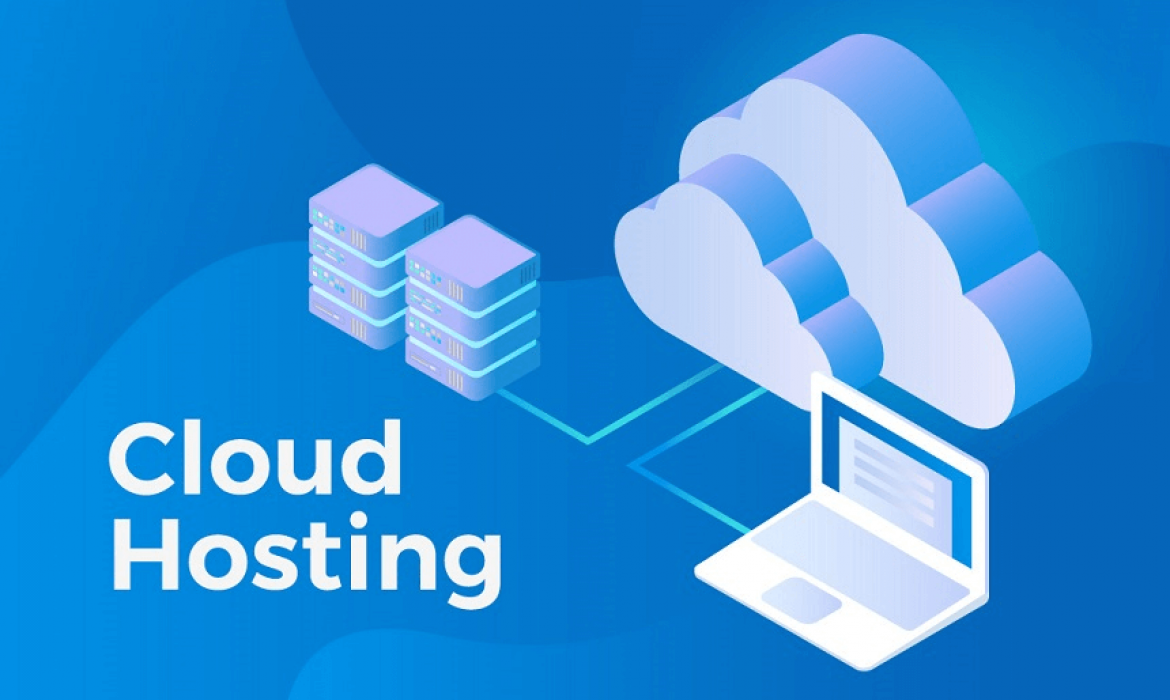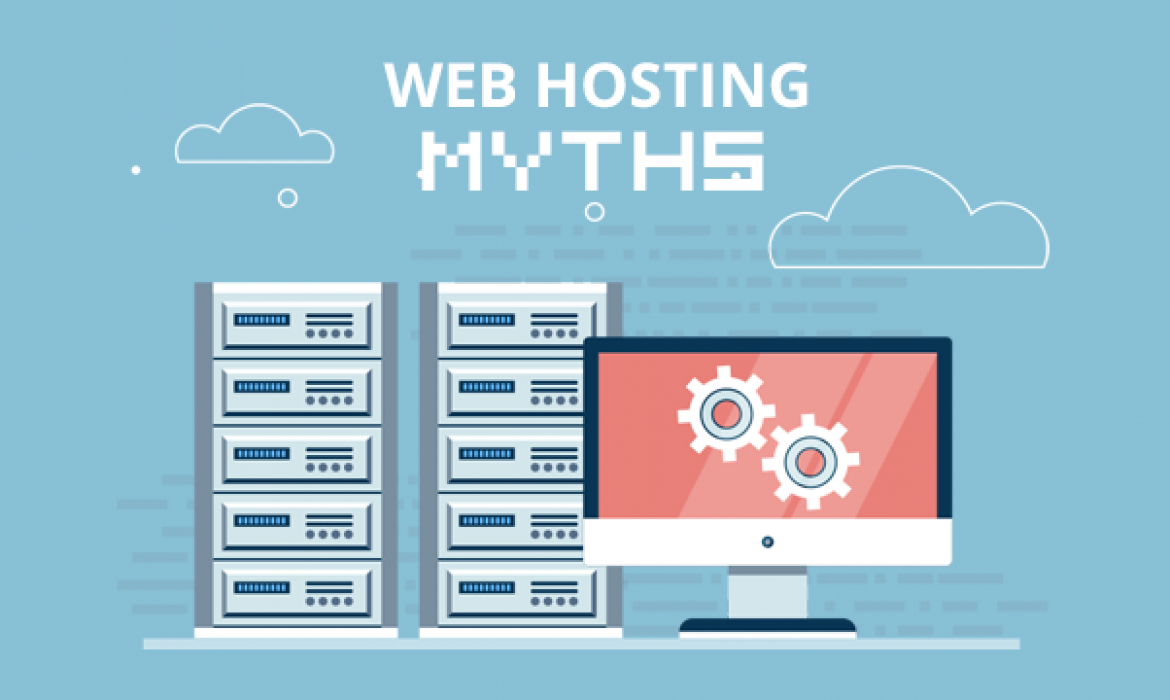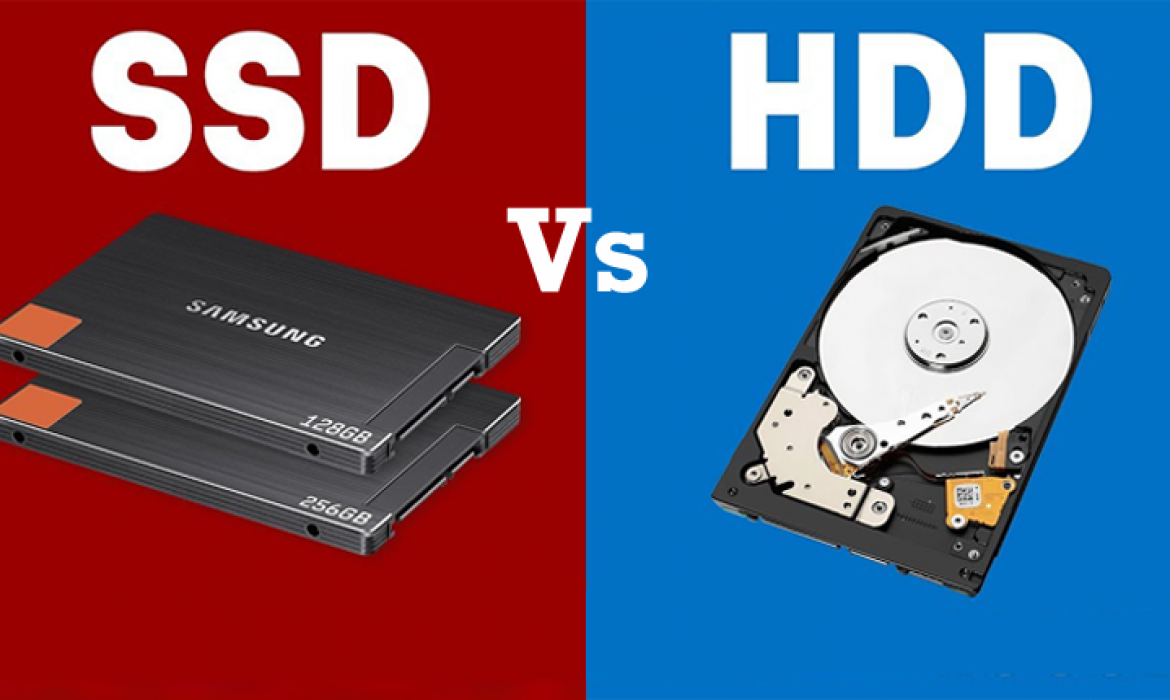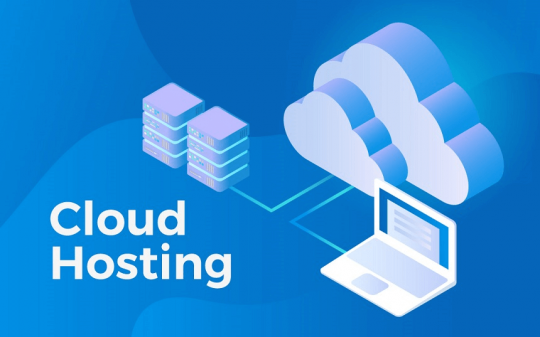Why and Who Should use Cloud Hosting

When you add your business online of course, you are hoping for great things, all of which essentially come down to traffic. Visitors bring money so if your site is down or running poorly, it quickly translates into lost revenue. That could be awkward if you are not tech minded and it’s not the sort of thing you can risk in the highly competitive online market. If something as simple as a guest not being able to progress to the next page could lose you income, perhaps a cloud hosting service is a viable solution.
When it Makes Sense to Use Cloud Hosting
If you’re concerned about the transparency and flexibility offered by your website host, you may want to go for cloud hosting. It is a secure, scalable and fast hosting option for most businesses. Whilst it may be new, it is still more than capable of offering enough support to keep a medium to large scale site working. It works great for companies like Netflix that rely on 100% uptime and cannot afford glitches in performance. It is equally suitable for a business just starting to scale up their services and traffic levels.
If you run high traffic blogs, you could benefit from cloud hosting. It comes available at different levels from those suitable for individuals to enterprise organizations. There are other benefits of using cloud hosting. A particularly useful one is for if your website experiences a sudden spike in traffic. A cloud based host can ensure your page does not take any longer to load.
Many people think that they can avoid issues like downtime and deal with high traffic by choosing a virtual private server or a dedicated server. While these options may work, they will fail to offer the kind of scalability you get with cloud hosting. But, it is also important to know from the onset you are going to need a level of technical expertise to manage cloud hosting. This is where your choice of service provider really matters. Unbox provide a good service and their deals for new customers are impressive too. You will be able to use an intuitive control panel designed with beginners taking advantage of cloud hosting in mind.
When You May Want to Avoid Cloud Hosting
While there are many benefits for business owners choosing cloud hosting, it may not be suitable for all business types. It is an impressive service but if you’re currently on a shared hosting plan and it’s serving you well and your site is performing because traffic doesn’t exceed the limits, there is no real need to switch to cloud hosting and spend more money.
Even when your needs increase, you don’t always need to make the switch because things like image optimization, caching plug-ins and utilizing CDN can help make your current hosting plan respond optimally. What this boils down to is that you only really need cloud hosting if your site experiences over 100,000 visitors a month. Wanting it anyway is another thing.
Cloud hosting is new and it is proving itself noteworthy in terms of unwavering reliability and all round ease of use. But that doesn’t mean the old ways of hosting are defunct. In fact, it’s just the opposite. All technology has moved on and web hosting providers have been quick to respond to new demands in the hostings market. Now, whether you use cloud hosting or not, you can build your package from an array of options, tailoring it to your business requirements, expected future needs and even your own level of technical expertise.
Common Mistakes of Cloud Migration that Must Avoid

For good reasons, you will want to migrate your data to the cloud as soon as possible to reap the benefits. It is a great thing to determine the way to improve your business efficiency and productivity. However, just like any other process, there are some mistakes you will want to avoid. If you don’t fix these mistakes, it can lead to the least things you will want to face in your business such as security breaches, financial waste, data failure, and many more. You might question if there’s a way to anticipate these mistakes. The answer is a big YES. Here are the mistakes that you can identify and prevent from breaking your company.
Conducting the cloud migration in one go
Not all businessmen or entrepreneurs know about this fact. But migrating your IT infrastructure at once is a big mistake.
For the first timers, it is pivotal to know that the expectation of full cloud migration can take months, or years to complete. The time taken for migrating can vary depending on how much data is stored in your company place.
The good quality cloud migration strategy is supposedly conducted in stages. Some cloud companies even give appropriate time estimations to finalize the process. You might question why can’t we move all the things in one phase.
Migrating crucial data to the cloud requires pivotal phases. There can be risks when moving critical data. It is better to make small mistakes and do them before everything goes completely messy.
Liken all the cloud environments
When it comes to cloud migration, it is a fatal mistake to assume that all the environments are the same. Many people make this big mistake. They assume that the new cloud environment is the same as the previous one. Well, it is not true at all. Every cloud provider has a unique cloud environment which is not exactly the same as the others from other cloud providers. They have different designs of how their cloud environments function and conduct all of the activities. It is important not to blatantly move to a new environment without researching them first.
Having a biased purpose
Many business owners did this. They migrate all the data and workflows without a straight purpose. If you are still in the middle of finding your absolute purpose, you should stop right there. You shouldn’t conduct cloud migration for a biased purpose. Just because you have the leverage to move your assets to the cloud environment, it does not mean that you can reap the true benefits if you still look for the purpose. You should have a sensible reason to do this. You must evaluate all of the aspects thoroughly before proceeding. Only by then, you can determine whether it is worth your money, time, and effort to conduct the migration.
Not researching the cloud platform in advance
If you have been around with your organization or business, you surely know that migrating should be done in order to bring a lot of perks to your business. However, it won’t procure a good outcome if you rush the thing. In the end, you will spend more money than you need. You’d rather research what your IT infrastructure needs the most. While you do that, you will also want to identify a suitable cloud service provider to conduct the activity. It is important to see how the migration will bring benefits to your infrastructure overall.
Migrating all the things to the cloud
Moving all the things in your current database to the cloud might not be the best option for your company. If you are managing your food chain restaurant business, you might notice that some of the apps are impossible to move for security reasons. Not to mention that you need to consider that the cloud platform might not be suitable for all of your apps. It is important to evaluate and research the scenarios and possibilities if you don’t want to lose more money in the future.
Overlooking the compatibility matters
It is crucial to comprehend the current architecture of your existing apps. When you are about to migrate them to a new cloud environment, you will want to see if there is a need for reconfiguring or customizations to make the apps work. Don’t miss this step if you don’t want to waste your time and money in the end.
Leave the data and apps in default
As I mentioned before, you cannot expect that all the cloud environments are the same. Therefore, you cannot expect that you can use all of the apps in the new environments. The different cloud environments might require different types of files and specific configurations to make them work well. You might need to reconfigure the data so that it can work inside the new cloud environment.
Not planning the costs and expenses
It is also one of the biggest mistakes when it comes to cloud migration. Many business owners did not project the cost of overall cloud migration. You cannot expect that the cost is just the same as you are using the hosting service. Cloud migration, because of the complexity and other factors, can be a lot heftier service. There’s a risk of errors and other problems during the migration stage, and you might need to spend more money to fix the problem. You will need to project all of the possible costs of moving the data in a safe and appropriate manner. The rough estimation before the proceeding can help you a lot with your bankroll.
Neglecting the security
Alright, it sounds a bit cliche since all business owners want to take precautions for all activities. But also because of the same reason, many of them assume that the cloud environment is already safe. On the contrary, if you don’t have a strong SLA – Service Level Agreement, safety could be your issue. It is wise not to assume that the new cloud environment is completely secure. Although the provider can guarantee the safety of your data, you are also the responsible party to protect it. Therefore, it is good to know that you are also responsible for cloud security.
Know about Web Proxy Server

What is a Web Proxy server?
Well, instead of web data being received directly to our devices, risking our privacy, and sharing our public IP address, it goes through the Web Proxy server. The server has a different IP address faking out any potential risks. In this sense, it’s acting like a PO box instead of your residential address.
Why should you care about protecting your IP address?
Honestly, I’ve never thought about how important keeping an IP address discreet was until I thought about how much information gets revealed with that crazy long number chain, many of us don’t even think twice about it. Not only can it give away the virtual location of your device, but it can let out data. In fact, it may show your favorite website, search history, your company’s network server, or connected devices like a webcam.
Cache me outside: Bandwidth benefits
All scariness aside, a bonus to using a Web Proxy server is that it cuts down the load time on web pages you search regularly.
By using a cache to store webpages for you, your little guard tower not only protects your IP address, but it makes bringing your favorite sites back up a lot faster.
Forward proxy vs Reverse proxy
You might see or hear about forwarding or Reverse Proxies in your Web Proxy research. The difference between them is the direction in which the requests are moving through the server, which seems obvious right? Not for everyone, this can be a little confusing when you first start to research how different proxies send requests.
A Forward Proxy is doing the job that I went over earlier. It handles requests going out from your device to the Web Server and then into virtual chaos. The Proxy allows you to masquerade your IP address and all those other benefits previously mentioned.
A Reverse Proxy does something a bit more unique if you have multiple servers that you use to handle client traffic: for example, you made an app that requires clients to download and login, your app lives on a server or multiple servers, a farm if you will. The Reverse Proxy acts as a guard tower for your farms. The client uses their device to request your Reverse Proxy: the Proxy then sends that request to your server or servers depending on their needs and then sends it back to the client.
Share the load: Reverse proxy benefits
Another plus side to the Reverse Proxy, I know I am piling it up here, but it’s still important if you are running a business with a lot of server requests Load Balancing. Sorry, not sorry. Here comes another metaphor.
Imagine that one of your farms (aka server) is taking in a lot of requests. Your Reverse Proxy guard tower uses Load Balancing to send the requests to a different server or farm to keep the number of instances spread evenly, thus keeping the same quality and timely service for client requests.
Different flavors of web proxy servers
While we are deep into learning the different types of Web Proxy servers, I should mention the other kinds that are out there.
Anonymous proxy servers
Distorting proxy servers
High anonymity proxy servers
Transparent proxy servers
A lot more to Web Proxy servers than you thought, right? When it comes to providing the right privacy or transparency for your family or business there is no shortcut to the right decision. In the coming years, we can almost guarantee there will be more types of Web Proxy servers.
Myths of Webserver and Hosting
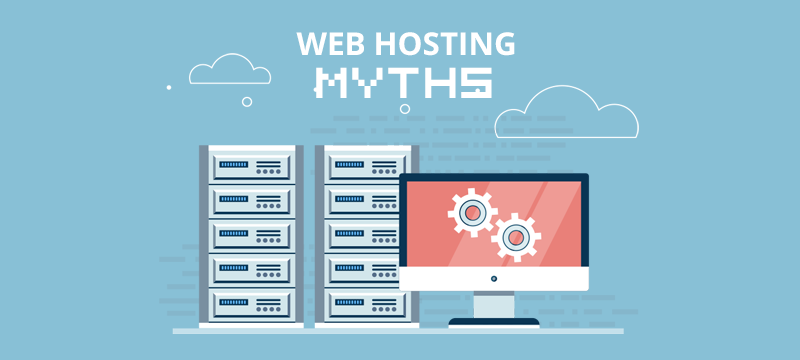
You’ve realized that if your business or project is going to progress, you need a solid internet presence. Not just a social media page, or a blog on a free platform, your work is serious and you need a dedicated website. So, you’ve started looking into publishing one and choosing the right Webhosting for it.
You googled ‘Web Hosting Meaning’ and learned that every website needs a physical location, where all its data can be safely stored and accessed by visitors. You now know that that location is called a server and web host. Hosts offer their web hosting services, and provide servers where companies and individuals keep and manage their websites.
But maybe you have a few doubts or heard a few things about web hosting that you need to be cleared up. The following are seven misconceptions that you might have about Webhosting.
Seven Myths About Web Hosting
1. Hosting is expensive
Perhaps the first assumption that anyone will make about web hosting is that it’s super expensive and probably far out of budget. This is wildly untrue. It’ll only take a quick search to reveal that web hosting is offered in a range of prices and service packages fit for any budget some even offer to host for free. Most of these packages are very affordable. Basic or beginner packages can start as low as $2-3 monthly. Web hosts are aware that different websites will have different needs. Therefore, they have scaled their offerings to encompass all of them. The price of your hosting depends only on the price of your needs.
There are different kinds of hosting available for everyone:
Free hosting: Some Webhosting companies offer free hosting, though usually very limiting and not fit for most business needs.
Shared Server: This involves hosting many websites on a single server, and sharing resources, in order to reduce costs.
Virtual Private Server (VPS): virtualization technology partitions websites on the same physical server. However, these users benefit from dedicated space and allotted resources that function like a dedicated server.
Dedicated Server/Managed Hosting: This is when a host offers an entire dedicated server for a single client.
Say, for example, you’re a photographer who wants to make a professional website to feature your profile and your portfolio. Chances are, you only need one website (one domain) with minimal storage and bandwidth. In that case, a basic plan (in the $2-5 range) would be just right for you.
In comparison, someone looking to start a new blog that expects significant growth in traffic and regular updates requires more storage and bandwidth. This user could opt for a dedicated server on premium, limitless packages.
When choosing your server, the important thing is to know your website’s needs. Once you do, you can begin comparing prices and features that meet them. We always recommend choosing a web hosting services company with plans adapted to your needs.
2. You need a professional web developer
You may think you need a professional web designer, proficient in coding and all things internet, in order to get started with a host and build a website. However, the entire process might be easier than you think. Content Management System (CMS) applications such as WordPress make web building easy, even if you know nothing about coding. Signing up for hosting is a matter of doing a bit of simple research into what host best suits your needs. Usually, these hosts will make it easy for you to sign up and start building your website by having intuitive host platforms and robust support, ranging from a bunch of informative articles to technical customer support.
If you think this isn’t true, just go to the landing page of any web host you can find. There’s often more than enough information — and links to more resources and information — to get you started.
3. You can’t switch hosts
Another belief some have is that once you’ve chosen a host, subscribed to the right package, and bought and registered your domain name through this host, you can’t move your website to another host. This is categorically false. You can quit one host and migrate your website to another host server whenever you want. You just need to know how.
How easy or difficult it would be to migrate a website depends on the size and scope of the website and whether or not your domain name was registered through your host or a third-party registrar.
Put simply, moving a website is just a matter of backing up all the data from the first host, uploading it to the second, and then transferring the registration of your domain name. Of course, there are a few technical steps involved, but depending on the size and complexity of your website, it shouldn’t be too difficult. Generally speaking, changing hosts will involve:
Signing up with a new host: It’s important to do this and make all the transfers BEFORE canceling your subscription with the host you’re leaving.
Downloading/Exporting all files and databases: Remember you’re moving all the contents of your website to a new server, so you will need to back up your website and all those files and databases to be moved.
Uploading/Importing all files and databases: Everything backed up from the previous host should now get added to the new host.
Running tests on the new website: To ensure that everything is functioning as it should.
Changing your DNS records: Your DNS records need to be switched so that they point to the new host server and when your visitors enter your web address it will take them to the site on the new host.
Remember when we said a factor that determines how easily you can switch hosts is whether or not your domain is registered? Well, there is a 60-day lock on newly registered domains. This means you need to wait until this period is up before transferring it to a new registrar. If you only recently registered your domain with your host, you won’t be able to transfer that registration to another host/registrar for those 60 days. However, if your domain was registered with a third-party registrar (not the new or old hosts), setting up your domain with the new host should be relatively easy, as all you’ll need to do is change the DNS configuration for the new host.
4. VPS is the same as shared servers
Now, we’ve already briefly mentioned what VPS and shared server hosting is. However, some think that the nature of VPS makes it no different from shared hosting. This is false.
What VPS and shared hosting have in common is that websites share the same physical hardware (server); the major difference is that VPS uses virtualization technology that creates a dedicated space for your website, complete with its own allotted resources and storage space. It’s like having a virtual dedicated server within a physical server. Your website wouldn’t be competing with other websites for the same resources on the same servers, as with using standard shared server hosting. With no sharing of resources, you can expect the overall better performance of your website.
This type of partitioning also ensures that your site is more secure, regardless of the activities from other websites using the host server. These servers also host much fewer websites and offer a lot more storage and bandwidth than shared server services.
5. Hosts are responsible for the security of your website
Speaking of security, if you run a website, especially one involved with eCommerce, the security of that site must always be of utmost importance. There are far too many nefarious agents out there who might want to attack your site for one reason or another. However, you may think that once you sign up with a web host then that’s it, they will take care of all the security of your website. That’s a detrimental miscalculation as security options vary by host.
While all web hosting companies have to have some form of protection for their servers and the websites on them, often there are some security measures that individual website managers must take for their protection. These include:
SSL certificates
Installing a Secure Sockets Layers (SSL) certificate to a website is a must, especially for e-commerce. It encrypts data transmitted between your site and its visitors. It gives us the “s” in “HTTPS” and lets users know your site is secured.
Back-ups
Backing up all the data from your website to another server and/or local drive is a good way to protect against losing data. Also, if there’s a problem causing downtime, as a quick solution you can switch to a previously backed-up version of the site that doesn’t have that issue.
Limiting admin access
Limit the number of persons with admin access to your site. Often you can also have different levels of access, giving some persons more restricted access to work on your site.
Password best practices
Use secure passwords that can’t be easily guessed and consider changing passwords at regular intervals.
Avoiding unsafe plugins, themes, and apps
Some plugins and applications may come with vulnerabilities that affect your site or be outright harmful or malicious. Use only trusted applications on your website and keep them updated.
Regular Updates
Yes, regular updates of your CMS and all other applications used in your website’s development is good practice. Updates don’t just improve on function and features, but also security and vulnerabilities.
Using Security applications: Applications that protect your website from malware and hacking are a must. Web hosting platforms typically have those additional security options available and/or allow you to install them.
Needless to say, be proactive when it comes to the security of your website. Any small act of carelessness can bring even a secure website crashing down.
6. Hosts are not responsible for the security of your website
So, we just discussed the importance of working to ensure your website’s security, but that doesn’t mean your web hosts +*don’t have a role to play as well.
Firstly, they own the servers. They are responsible for making sure that the hardware the physical servers – are kept secured and maintained from any physical attack or damage. Hosts also need to do regular network monitoring against hacking and any unauthorized activity on their servers. Their servers are their business, so they need to protect it.
Think about it: If your website is hosted on a shared server, it’s not only vulnerable to direct attack, but an attack on another website could potentially cause problems with yours, leading to downtime, which can be a nightmare. A good shared server host would take precautions to ensure the security of that server overall. They may even screen and ban certain plugins that are potentially harmful.
There’s a varying balance between how much protective responsibility a web hosting company will assume and how much responsibility is on you, the client. It depends on the hosting service.
A good Webhosting services company might offer some amount of protection in its packages, including:
- Web hosting means DDoS protection
- Free SSL certificate
- Malware Detection and Removal
- Hack Protection
- Automatic Backups
What’s more, if not included in their primary packages, a good web host ought to offer its users good security options and allow for the client to install security software and implement security measures themselves, such as the ones from the previous myth.
It’s clear that when thinking about how to choose a web hosting service, security options should be a must. However, don’t forget you should also take individual responsibility to ensure your site’s security.
7. Standard hosting is as good as WP hosting
What is hosting?
Webhosting (otherwise called website hosting) is an online service that allows site owners to store their websites and files on a rented server. Hosting is a popular online service that every single website needs down to WordPress. However, standard hosting is a private service that can be configured to suit a host of jobs like email hosting, database hosting, domain hosting, and much more.
Standard hosting, in all its forms that we’ve discussed, can work just fine for the needs of most websites. However, if your website is developed on the WordPress platform, you might want to consider going for WordPress Hosting.
You may be asking ‘What is WordPress hosting?
Good question. A lot of people, having heard the term, may think that it’s all the same. Even after knowing a bit about it, they might still think there’s a difference. So, what’s the difference?
WordPress hosting is a service many web hosts offer for clients who develop their sites using the WordPress CMS platform. In WordPress hosting, the service and servers are tailored specifically to host WordPress sites, giving added value through increased performance and security. The servers used for WordPress hosting are built with WP and its make and vulnerabilities in mind. Because of this, WordPress hosting offers an optimal hosting environment for websites that use this CMS tool. You can expect faster load times, more stability (less downtime), and more security. WordPress hosting also includes specialized support, auto-updates, and one-click installations for the WordPress platform. In this way, WordPress hosting is a service tailored to WordPress sites.
Conclusion
Standard hosting does not offer that, even if they have a WordPress option, they probably cater to many different CMS tools and are less specialized because of it. This should clarify the different web hosting meaning
Difference between SSD hosting and Normal HDD hosting
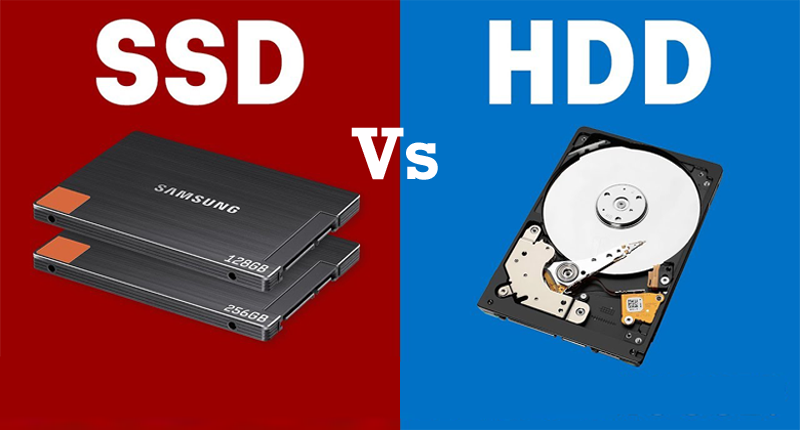
First of all, we need to know what is SSD.
What is SSD Drive
An SSD Drive work is same as a normal hard drive which is storing the data but its mechanism is not the same as a hard disk drive.
On the side of SSD, disk data save while the system is off or in a booting state. It does not have any physically moving object like a head which is present in traditional HDD.
In SSD disk data is stored on interconnected flash memory chips that retain the data even when there’s no power present. The Cost of an SSD Disk is much higher in comparison to HDD.
What is HDD Drive
An enclosure contains a series of platters covered by a ferromagnetic coating. The direction of the magnetization represents the individual bits. Data is read and written by a head that moves extremely fast from one area of the disk to another. Since all of these pieces are “mechanical,” the hard disk is the slowest component of any computer.
HDD is slower than modern SDDs.
SSD Hosting
UnboxDC is a premium data center and hosting company that provides SSD availability in all products from shared to Dedicated hosting/servers. This gives faster speed compared to a traditional hosting provider without any extra cost.
Pros and Cons of SSD over HDD
Some advantages of SSD hosting over HDD is given below:
SSD Hosting is 67% faster than HDD Hosting.
SSD Hosting drives lets you access data quicker than ever before.
SSD is somewhat less prone to mechanical failure compared to HDDs.
SSD needs much less power so it saves money and electricity usage.
Some Disadvantages of SSD :
SSD price is higher than Normal HDD so it’s less affordable to everyone.
Another drawback of SSD is Limited Disk Space.
However, UnboxDC provides affordable and secure web hosting to every customer.




